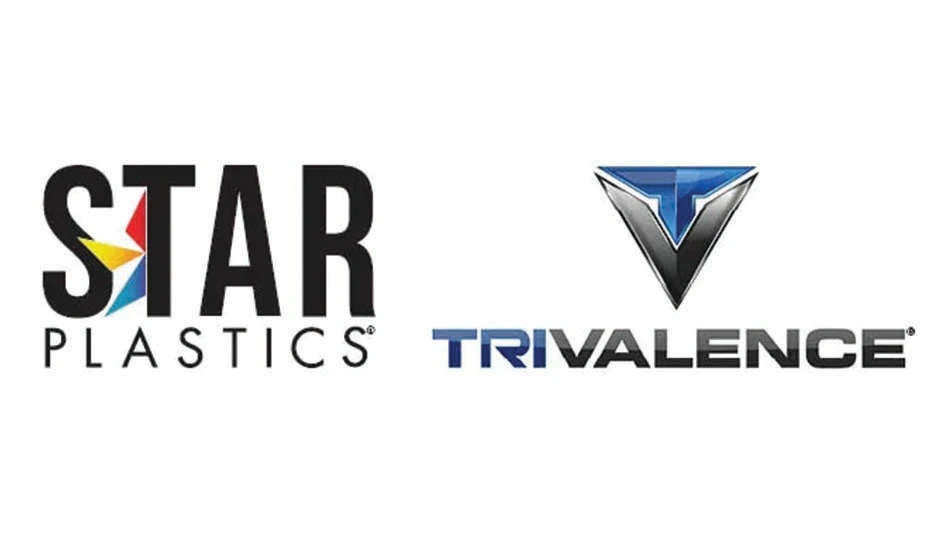
Becker Iron & Metal
It’s almost the start of a new year (and a new decade), and the beginning of every year often means people think about resolutions and new goals to achieve.
One goal that recyclers can always strive to improve upon is safety. This is an area all companies in the recycling industry should regularly consider to avoid complacency.
Recycling Today's January 2020 issue will feature Venice, Illinois-based Becker Iron & Metal’s story on how it developed its safety culture the last two decades. About 10 years ago, the company participated in a free Occupational Safety and Health Administration (OSHA), Washington, on-site consultation program that helps employers to identify workplace hazards and offers advice for compliance with OSHA standards.
A few years later, the company worked with OSHA to receive the agency’s Safety & Health Achievement Recognition Program (SHARP) status award. The program recognizes small business employers who have used the agency’s on-site consultation program services and operate an exemplary safety and health program. The status singles companies out from among their business peers as model worksites for safety and health.
Currently, Becker Iron & Metal bills itself as the only scrap yard operation in the state of Illinois with this designation.
Although achieving SHARP status takes commitment and hard work from companies, Lisa Dunn, QEH&S manager (quality, environmental, health and safety) at Becker Iron & Metal, offers a few tips for companies looking to improve on safety and/or achieve SHARP status. She recommends all companies participate in OSHA’s on-site consultation program. She also says that program can help companies to stop fearing OSHA inspections.
“A lot of times you don’t know what you don’t know. They come in and tell you what you don’t know,” she says. “Even if you don’t go for SHARP, being apart of that program can help you to correct things at your operation without fear of citations.”
Dunn adds that going the extra mile and applying for SHARP status with OSHA offers companies many benefits.
“First of all, you have a better safety culture in general,” she says. “You can’t put a price tag on that. But there are tangible savings with lower workers’ compensation rates. Also, when people come to your business and see that you have SHARP status, they are not afraid to do business with you because you’re OSHA approved.”
Also, OSHA says companies can experience many benefits by reaching this milestone:
- It provides protection. Having SHARP status helps to protect workers from all safety and health hazards that may exist in the workplace. Companies that have this designation can work with OSHA to identify and implement best practices to protect their workers. Additionally, it helps companies to develop an innovative safety and health program.
- It creates a better work culture. Companies that earn SHARP status tend to create a better work environment that is free of safety and health hazards. It can also boost employee morale by involving workers in creating a culture that emphasizes a safe and healthful workplace. Communication is typically improved among workers and management. Also, it encourages safety in the community, as workers may transfer some of these safe and healthy work practices outside of the workplace.
- It builds a good reputation. Companies will receive official recognition from OSHA for their achievement of SHARP status and for maintaining exemplary safety programs. It helps companies to become leaders in their industries as well. In addition, having a safe reputation can help to attract skillful workers more easily.
- It saves money. While money shouldn’t be the primary driver for safety, achieving SHARP status will impact companies’ bottom lines. It helps to lower workers’ compensation insurance premiums. It also improves worker retention, and it can reduce worker days away from work when there are fewer workplace hazards.
Learn more about OSHA’s SHARP status process here. For more information on Becker Iron & Metal’s story, check out the “Celebrating safety” article next month in the January 2020 issue of Recycling Today.
Get curated news on YOUR industry.
Enter your email to receive our newsletters.
Latest from Recycling Today
- LG details recycling activities
- Algoma EAF is up and running
- Toyota-Tsusho completes acquisition of Radius Recycling
- CATL, Ellen MacArthur Foundation aim to accelerate circular battery economy
- Commentary: Expanded polystyrene is 98 percent air, 2 percent plastic and 100 percent misunderstood
- AMCS appoints general manager for North America
- How tariffs, regulations affect LIBs recycling in US, EU
- Schwan Cosmetics introduces packaging free of styrene, ABS






